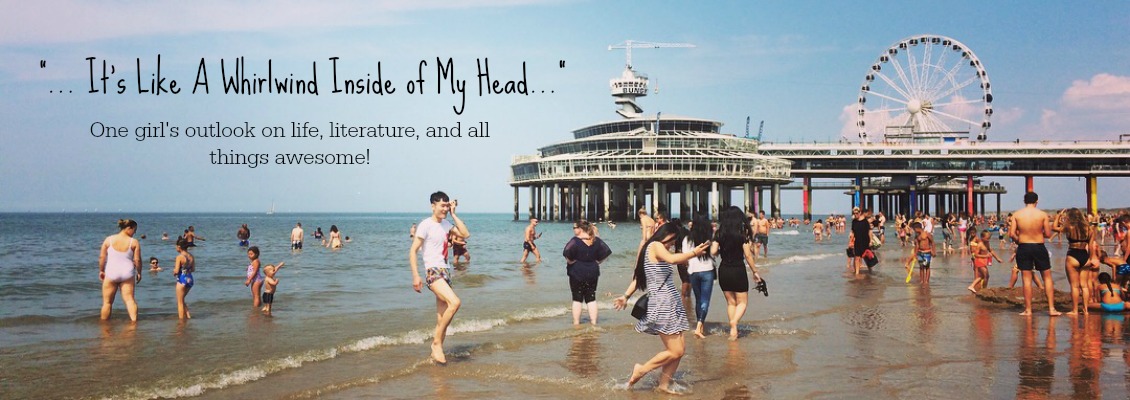"In 1965, the happy Bedloe family is living an ideal, apple-pie existence in Baltimore. Then, in the blink of an eye, a single tragic event occurs that will transform their lives forever-- particularly that of seventeen-year-old Ian Bedloe, the youngest son, who blames himself for the sudden "accidental" death of his older brother.
Depressed and depleted, Ian is almost crushed under the weight of an unbearable, secret guilt. Then one crisp January evening, he catches sight of a window with glowing yellow neon, the Church of the Second Chance. He enters and soon discovers that forgiveness must be earned, through a bit of sacrifice and a lot of love...."
This is one of the books I'll be reading for my Philosophic Themes in Literature class this coming semester. This is one book that I particularly look forward to discussing and dissecting.
'Saint Maybe' turned out to be very different than I anticipated. It turned out to be more about religion and family than I thought. Initially, it seemed more like a mystery, where Ian and his family would have to unravel the strangeness of Lucy's family history and life. I wasn't sure where the Church of the Second Chance would come into play or how strong of a role it would take on.
This book really frustrated me. I hated how much Ian relied on this church that he stumbled upon. I hated how, on the first night he visited he told his story and took Emmett's advice to care for the children whose parents he may have caused to kill themselves. This is something I can't hope to understand, but this is something that I feel like Emmett should not have advised Ian on. Instead of going to college and getting himself an education in order to better his life and the lives of his family, he dropped out and started taking care of his nieces and nephew. All to atone for something he probably didn't do. To get God's forgiveness. It would be very admirable if Ian had made this decision on his own, but it felt like he was doing it because he had to and because someone who was acting as the voice of God told him to and that's not admirable at all. Not to me.
Another thing that I didn't like but really need to learn to accept is how "in your face" (sort of) Ian is about his beliefs. I didn't like that he went from not really believing much of anything to suddenly being gung-ho about his new-found religion. That's fine, I know it happens, but it makes me worry because it feels like he's walking into religion blind. In order to make this feel less strange, I feel like this transition should have lasted a while, gradually getting to the point that it was. That would have been more comfortable and I would have felt better about Ian's beliefs. It would have felt like he actually believed them, rather than being told by someone that this was actually a thing.
You might be able to tell that religion is a very touch-and-go subject with me. Feel free to start a debate and tell me how wrong I am in the comments.
I do really like this book though because I have formed such a strong connection and I can see that all of the characters are so strongly connected and very developed. No one is alike and no character is "vanilla." I also like the concept of the book, mostly because it evokes such a strong and sometime physical reaction within me. Not very many books have that kind of power over me. I remember feeling this way about "The Curious Case of Benjamin Button." I was extremely angry at the characters in that book and I have a similar reaction (although not necessarily towards the characters) with this book.
This book is good for those who enjoy philosophic discussion, aren't afraid to talk about religion, and are looking for a very engaging read.
I give 'Saint Maybe':
Thanks for Reading!
--Jude



No comments:
Post a Comment
I love your comments! Comment away!